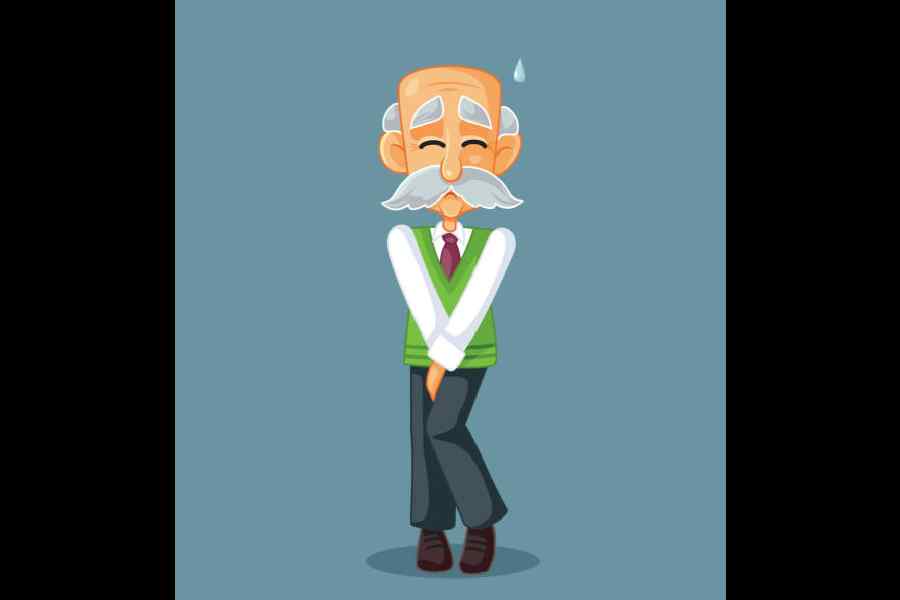q. I had prostate surgery, and now I find it difficult to control my urine. It drips, especially if I cough or sneeze. The urge to urinate is uncontrollable, even in public places.
For most men who have undergone prostate surgery, urinary incontinence will go away within about one year. Pelvic floor exercises, also known as Kegels (check YouTube), help strengthen the muscles that are located at the base of the pelvis between the pubic bones and help to speed the recovery process. Practise double voiding — pass urine, stop, wait a minute and pass again.
Radical surgery for prostate cancer can damage the nerves and cause long-standing incontinence. Another surgery is sometimes needed when bladder leaks persist for more than a year after surgery. This may consist of having a urethral sling procedure or inserting an artificial urinary sphincter.
Skin irritation q I have irritation of my foreskin. I am a poorly controlled diabetic.
Irritation of the foreskin can be uncomfortable and may have various causes. It may be due to poor hygiene, inflammation due to fungus infection, allergy, friction or contact dermatitis (because of washing or bathing soap).
Try washing the area twice a day and applying an antifungal steroid-free ointment. If it persists, you might require antibiotics, anti-fungal medication or surgery (circumcision).
Immunisation miss q I missed some immunisations for my twins (now eight years old) because of the pandemic. What can I do?
You are in a situation that is quite common worldwide. Go to your paediatrician, who can give you “catch-up” immunisations once a month until you are up-to-date.
Menarche timing q My daughter started menstruating at the age of 10. After the first period, there have been no more. I am worried.
Menstrual cycles can vary greatly between individuals. Some may start at 10 years of age and continue with clockwork regularity till menopause. Factors such as stress, illness, medication and lifestyle can sometimes affect the regularity and length of cycles. Irregular menstrual cycles may indicate an underlying health issue and should be discussed with your doctor. Some basic blood tests and scans may be needed.
Feel good factor q I felt good after taking Vitamin D supplements. Can I continue taking it regularly?
Since it is a fat-soluble vitamin, excessive intake of Vitamin D supplements can lead to toxicity, as the excess Vitamin D can accumulate in the body’s storage sites. This can have adverse effects on calcium metabolism and result in conditions such as hypercalcemia. Under the guidance of a physician, check your Vitamin D3 levels. Supplements are usually given once a week for six weeks and then once a month for six months. After the completion of the course, do not continue the supplements without a medical opinion and tests showing a low level.
Varicose veins q I have varicose veins. They do not pain. Can I ignore them?
Varicose veins are not just a cosmetic problem. They can cause colour changes, pain, rashes, swollen feet and itching. Mild trauma can cause the veins to burst and bleed.
You should not stand for long periods and avoid crossing your legs when seated. Elevate your legs above the level of your heart when sitting, resting or sleeping. Also wear compression stockings and lose weight. If this does not work, consult a vascular surgeon. Various procedures are available.
The writer has a family practice at Vellore and is the author of Staying Healthy in Modern India. If you have any questions on health issues please write to yourhealthgm@yahoo.co.in










